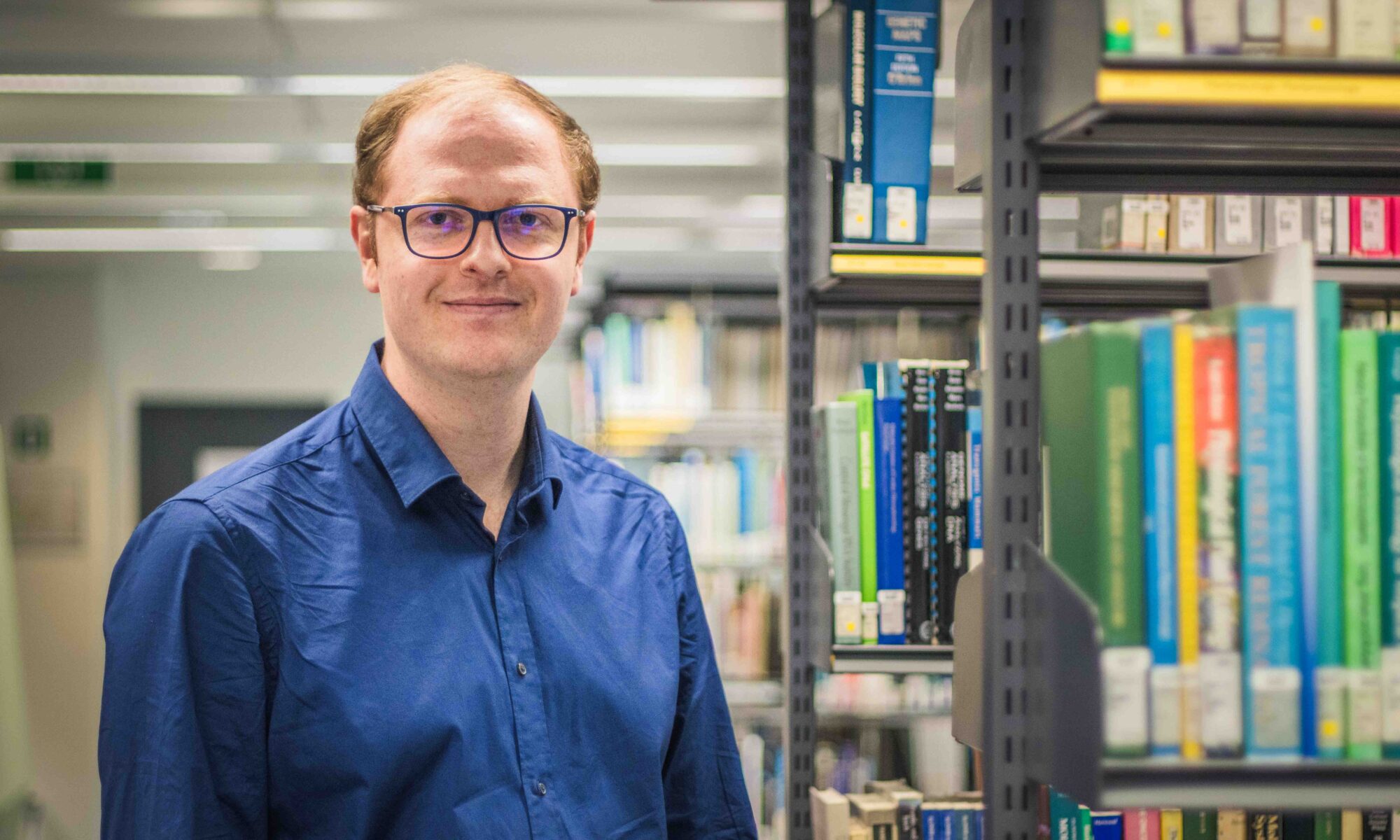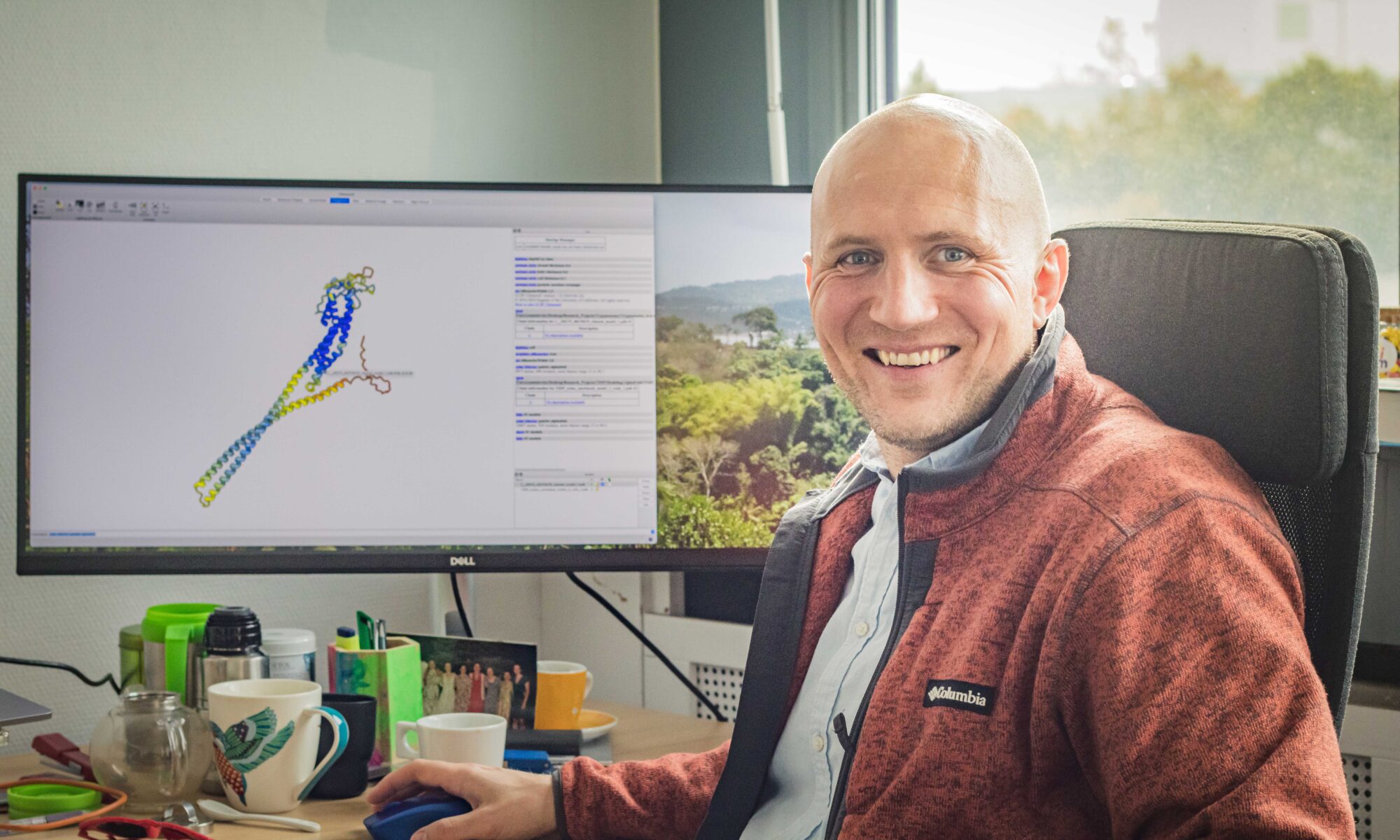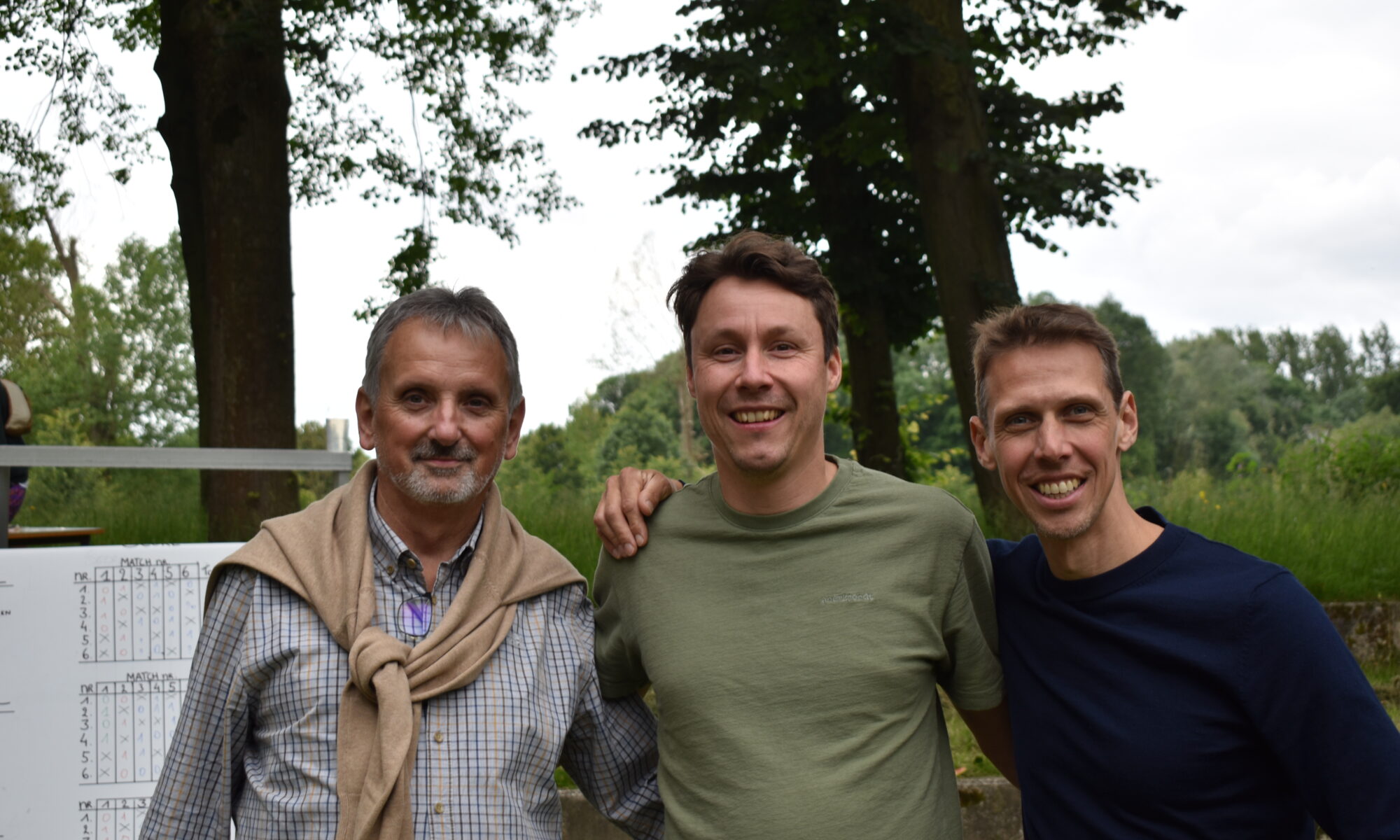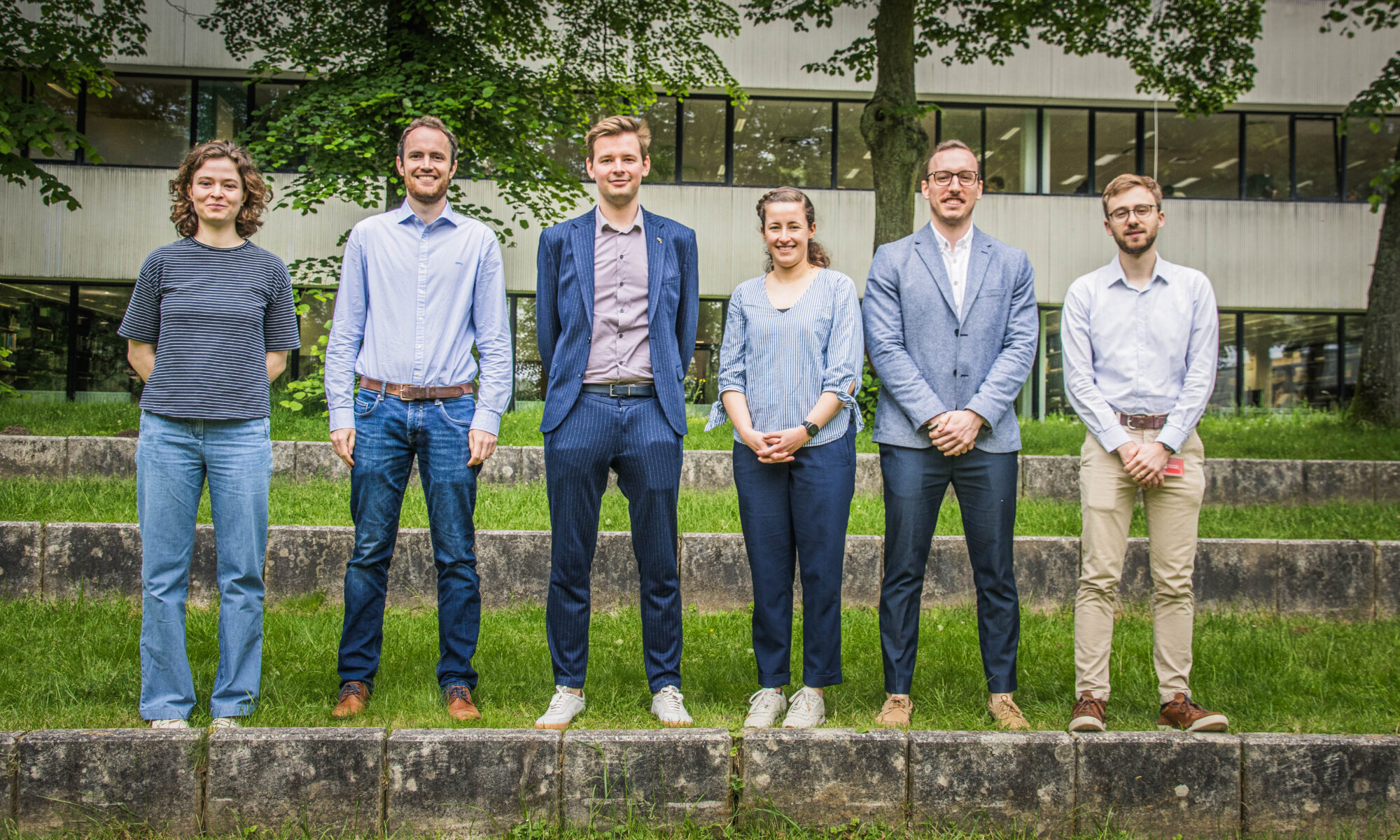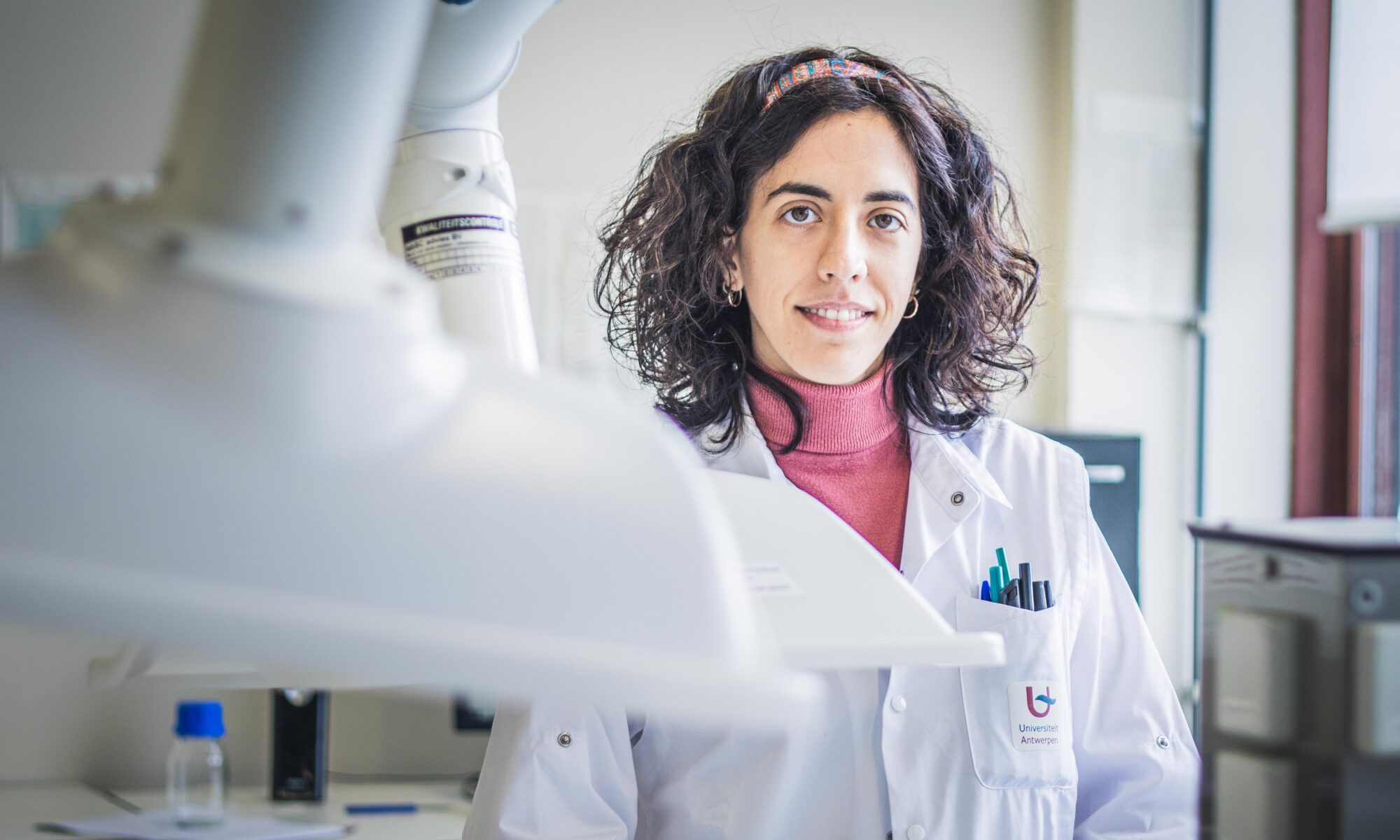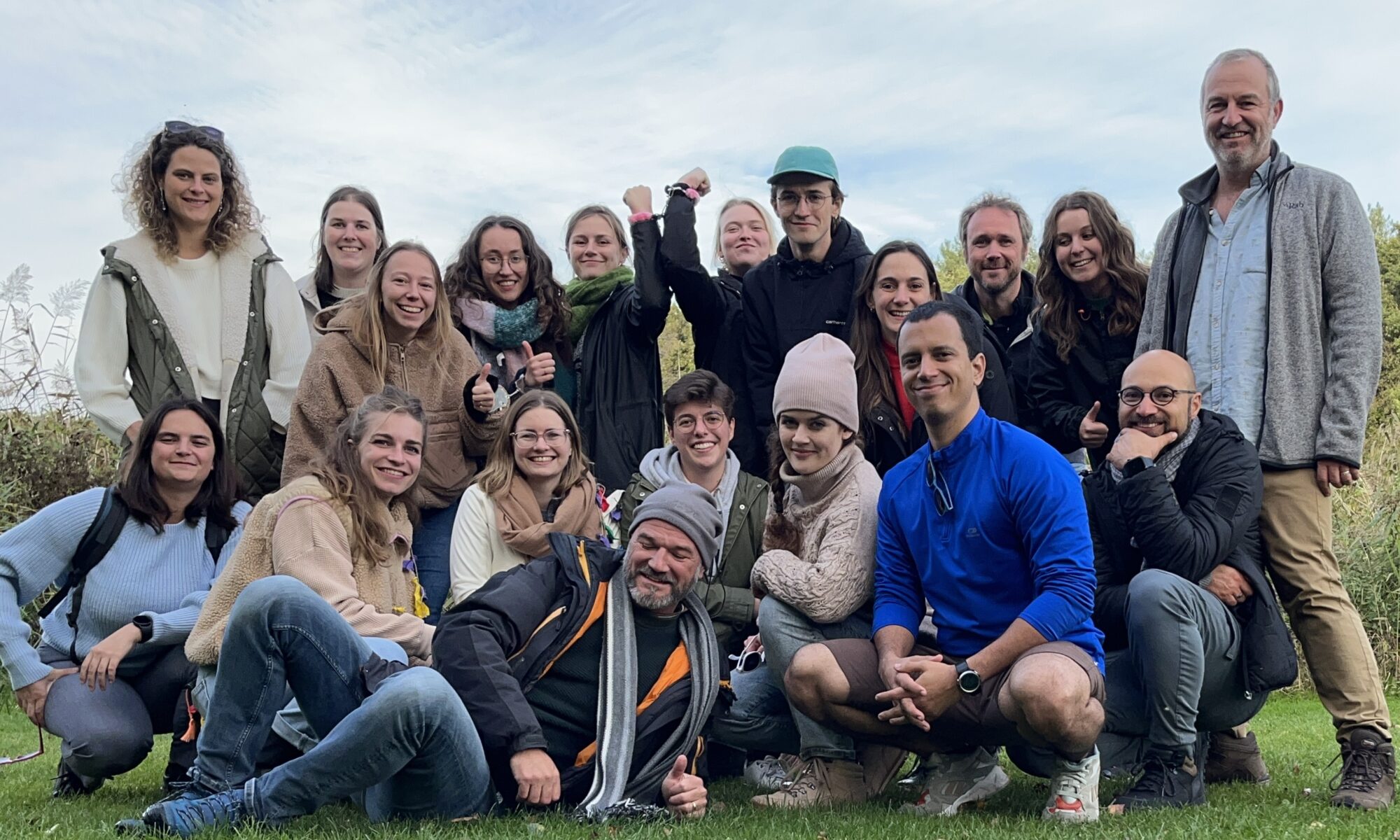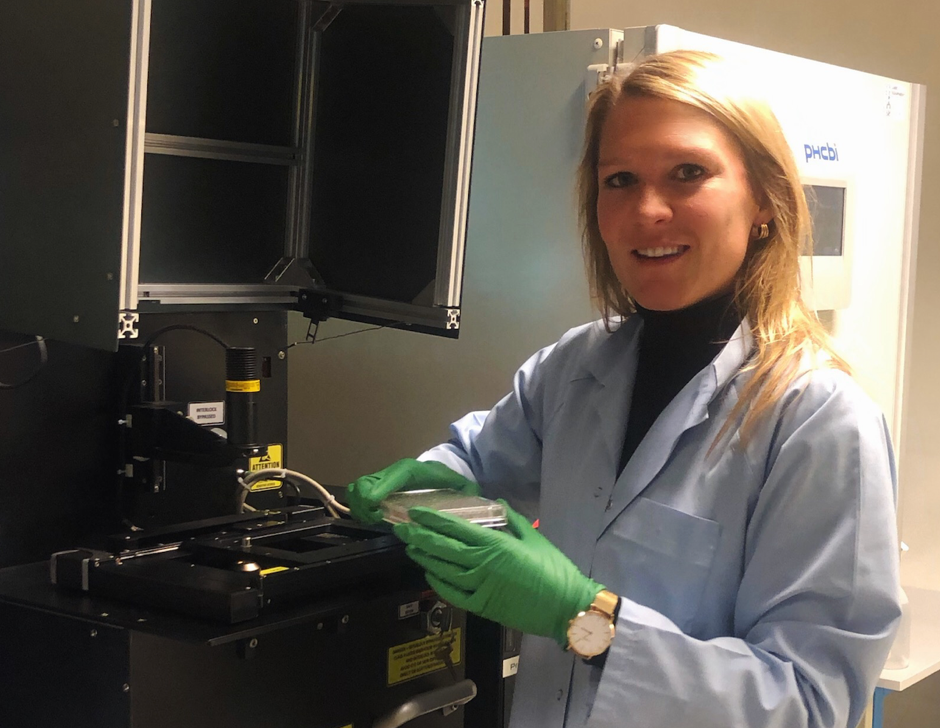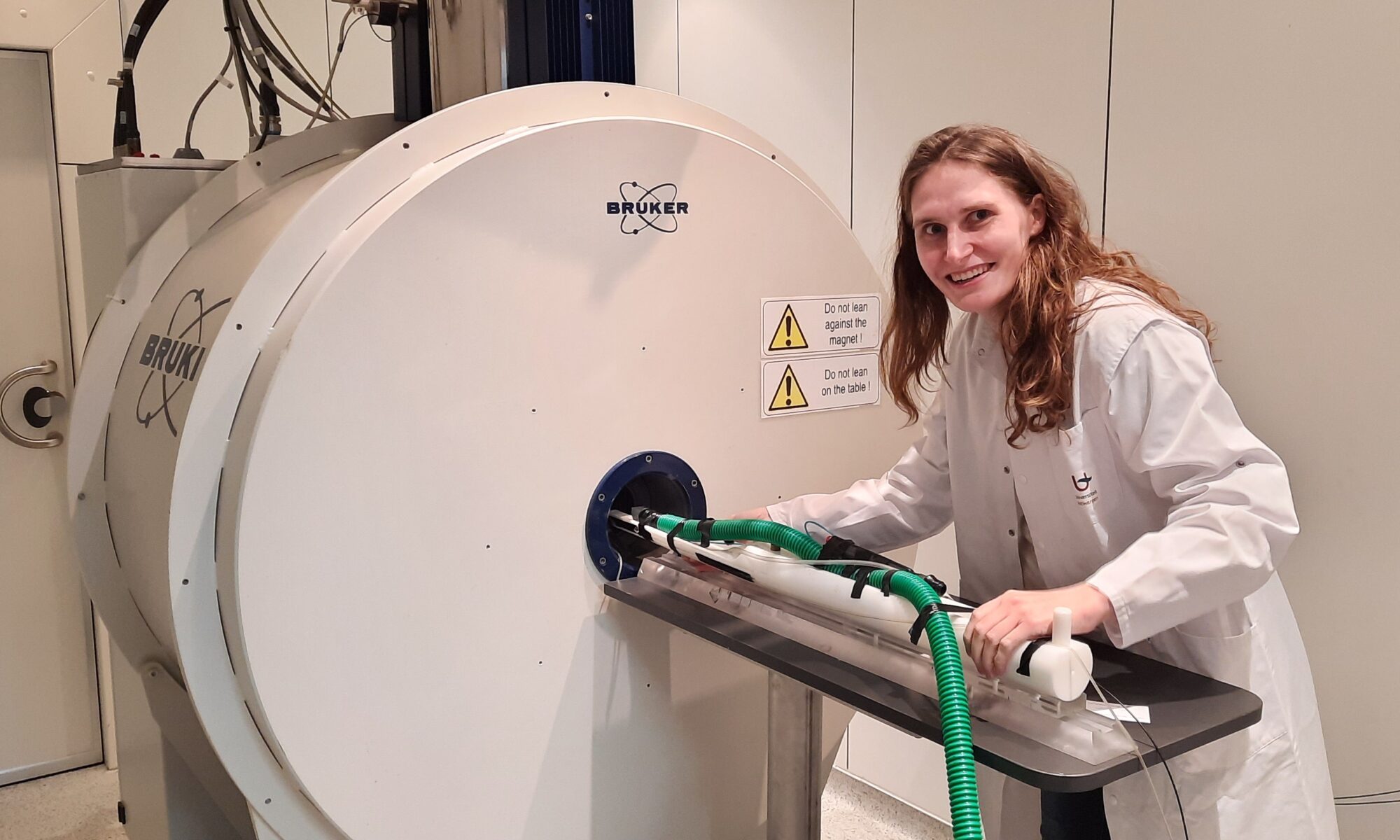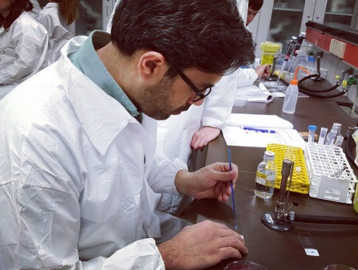Krijgen patiënten die ChatGPT gebruiken om medische informatie op te zoeken wel correcte informatie? Deze simpele, maar erg belangrijke vraag stelde Branco De Busser zich in zijn masterthesis in de farmaceutische wetenschappen.
Filter
Serpil, Sevgi en Fatma Degirmenci. Drie zussen, alle drie afgestudeerd aan de Universiteit Antwerpen. Serpil en Sevgi in de farmaceutische wetenschappen, Fatma in de biomedische wetenschappen. Na hun studies kozen ze er alle drie voor om ook de educatieve master in de gezondheidswetenschappen te volgen.
This year’s Nobel Prize in Chemistry is awarded to David Baker (University of Washington, Seattle, USA), Demis Hassabis, and John Jumper (Google DeepMind, UK) for their work on developing Rosetta (Baker) and AlphaFold (Hassabis and Jumper). These open-source software tools enable researchers worldwide to go from an amino acid sequence to a 3D structure of a protein with just one mouse click.
A new study by Dr. Peter Verstraelen, Prof. Jean-Pierre Timmermans and Prof. Winnok De Vos from the Laboratory of Cell Biology has revealed novel insights into how gut bacteria might influence our immune system and brain health.
The Department of Pharmaceutical Sciences recently showcased the innovative research of its Ph.D. students during their annual departmental research day. This event highlighted a diverse array of projects, reflecting the department’s commitment to advancing scientific knowledge and improving public health.
Dr. Vanesa Nozal García, from Valladolid in Spain, works as a postdoctoral researcher at the University of Antwerp. Under supervision of Professor Pieter Van Der Veken in the Laboratory of Medicinal Chemistry, she researches Acute Myeloid Leukemia (AML) and focusses on a new methodology: targeted protein degradation.
As we celebrate this International Women’s Day, we’re excited to highlight the incredible women researchers of the University of Antwerp Cell Death Signaling lab, led by Prof. Wim Vanden Berghe, Prof. Tom Vanden Berghe, and Prof. Andy Wullaert. Their pioneering research explores the complex molecular mechanisms underlying cell death processes in various diseases, offering hope for therapeutic advancements in conditions ranging from cancer to neurodegenerative disorders.
As we commemorate the International Day of Women and Girls in Science, we’d like to recognize and celebrate the invaluable contributions of our women researchers who are leading the way in scientific exploration. From unraveling the complexities of neurological disorders to pioneering advancements in cancer imaging and treatment, these exceptional women are at the forefront of cutting-edge research.
In Antwerp, the Pint of Science festival is brewing, creating a perfect blend of academia and casual pub atmosphere. Pint of Science is a global science communication initiative held annually in 25 countries around the world during the month of May. The premise is simple yet powerful – bringing researchers to local pubs to share their work in an informal and engaging manner. The goal is to break down barriers, make science accessible, and foster meaningful conversations between scientists and the public.
I’m Gaëlle Houthaeve and for the past 5 years I have been doing an interdisciplinary PhD with Prof. Winnok De Vos in the Laboratory of Cell Biology and Histology and Prof. Kevin Braeckmans. My PhD research has focused on vapor nanobubble photoporation, which uses laser light (“photo”) to generate vapor nanobubbles, which are able to porate the plasma membrane of cells (“poration”).
Songbirds are present all around us in our daily lives, but did you know that besides their beautiful song each morning they can also teach us something about neuroplasticity? My name is Jasmien Orije, and during my PhD at the Bio-Imaging Lab, under supervision of Professors Annemie Van Der Linden and Marleen Verhoye, I had the opportunity to work with this remarkable animal model for neuroplasticity.
Bahaa Shaqour is a PhD student from Palestine and he is working with Prof. Paul Cos at the Laboratory for Microbiology, Parasitology and Hygiene (LMPH). He is exploring the capabilities of 3D printing technologies to produce novel medication delivery systems. 3D printing, also known as additive manufacturing, is a method of creating a three dimensional object layer-by-layer using a computer generated design.

